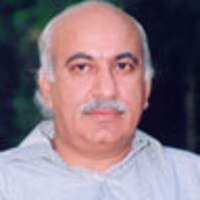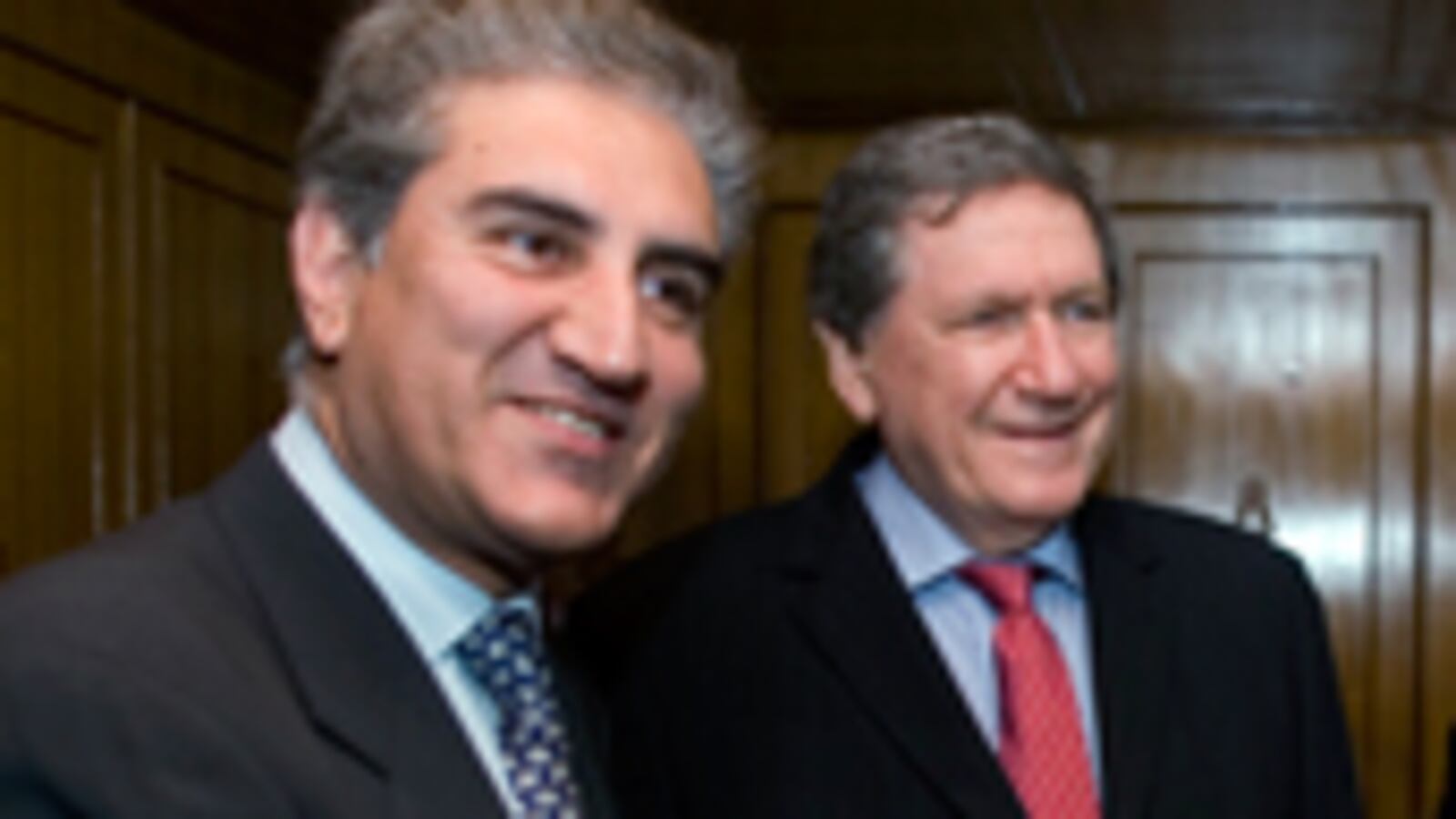
It looks as if US special envoy Richard Holbrooke has already gotten tough on Pakistan to good effect.
Unusually, given the track record of the last eight years, an American diplomat was in the right place at the right time. On February 12, one day after Richard Holbrooke, President Obama's Special Representative for Afghanistan and Pakistan, left Islamabad, peace broke out between India and Pakistan. Or at least they seemed to stop flirting with war. And Holbrooke may have had something to do with the good news.
Pakistan's interior minister publicly admitted what the world had known for weeks but which Pakistan had consistently denied or deflected: that the terrorists who had held Mumbai hostage for 60 hours and massacred at will could be traced back to Pakistan. As late as February 7, Rehman Malik's deputy Tasnim Qureshi had claimed that "this was not put together in Pakistan". Five days later, the boss warbled a different tune.
Holbrooke had dropped by in between. And on Wednesday, Pakistan President Asif Zardari got a call. It was Obama on the line.
Napoleon was right when he preferred a lucky general to a good one. Holbrooke is being praised for defusing a rising fever that was threatening conflict between two nuclear powers.
Rehman's admission was not comprehensive but it was substantive. He described the killers as "terrorists" and refused to justify the unpardonable with a "root cause" fudge. He added that six conspirators, including the "mastermind and leader" Zaki ur Rehman Lakhvi, had been arrested. He also woke up policemen across the world by disclosing that Lakhvi had links in America, Italy, Spain, Austria, and India. Mumbai police confirmed the last but flip-flopped when they realized that such candor might hurt the local government's fortunes in this year's general elections.
Delhi thanked Pakistan and gave credit to America. Such is the credibility chasm between India and Pakistan that no one was ready to believe that Islamabad had acted in good faith. The main newspapers thanked Obama on their front page and attributed the evidence to FBI's efforts.
Every picture and profile confirms Holbrooke's reputation as a heavyweight. Pakistan may have wilted under that weight.
Napoleon was right when he preferred a lucky general to a good one. Holbrooke is being praised for defusing a rising fever that was threatening conflict between two nuclear powers.
Holbrooke's task remains a daunting one. He is trying to chisel a civilian-military strategy for a battlefield that seeps across national boundaries, where governments wobble at best and freeze into helplessness all too often, where non-state militias have proved more durable than standing armies, and where there is corrosive instability on the street.
The Taliban welcomed Obama's arrival by making NATO supply routes dysfunctional and blowing up a ministry building in Kabul. NATO, through its European secretary general and its American commander in chief, has asked its members to negotiate alternative routes through Iran—not Washington's favorite nation.
The government in Kabul is in meltdown and the one in Islamabad adrift. Both Hamid Karzai and Zardari are as unpopular as Bush at his nadir. On his last visit, Joe Biden, then still a senator, set aside his napkin after 45 minutes during a private meal with Karzai and said, "This dinner is over." He could have added that his host was over as well. Washington has decided to work through provincial governors it can trust. Holbrooke surely knows that trust is too big a burden on the soul of an Afghan politician.
Meanwhile, Pakistan is being ripped up by a steady stream of terrorism. Parts of the country are already under the control of the Pakistani Taliban or its surrogates. The only invariable fact is the steady rise of Taliban potency. US generals have demanded an immediate increase of 10,000 more troops even before Pentagon answers a definitive Obama question: How and when will this end?
No one of course knows the answer. Holbrooke has to find a route map without a destination. He needs all the luck accumulated in his karma.





